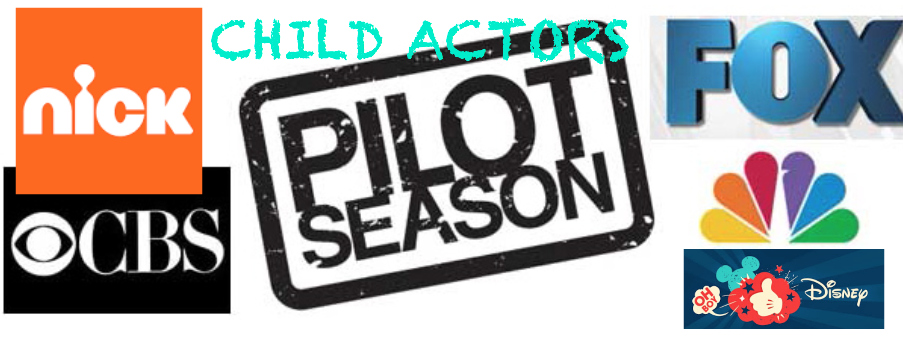There is no shortage of stories about American child actors whose lives have spiraled out of control or of the tragic lives of former child stars as adults. On a weekly basis, we read about a volatile young performer whose issues are laid bare for all to see and hear. For instance, in October, 14 year old TV star Ariel Winter alleged that her mother physically and emotionally abused her; her legal battles for emancipation have placed her very prominently in the public eye and made her vulnerable to public scrutiny. Even more recently, 19 year old Angus T. Jones of Two and a Half Men openly denounced the sitcom that launched him into fame, perhaps jeopardizing his successful career in the process. As strangers, we cannot know the precise motivation for these young entertainers’ behavior, but their stories raise certain issues. They could be acting self destructively by bringing so much media attention to their personal lives and beliefs. On the other hand, their behavior could be self protective—pleas to be taken away from an abusive family or a lifestyle that no longer matches a new value system. Either way, their stories beg the question: if these child stars feel that they need to turn to the press to be heard, are the people close to them unable to understand their cries for help? How can they get what they need without hurting themselves? How can their families support them along the way?
The transitions from childhood into adolescence and later from adolescence into adulthood are challenging for everyone. As we change physically, we also change mentally and emotionally, constantly searching for new modes of self expression. Child actors are no exception to this rule; in fact, living under a spotlight can make it especially challenging to transition into the next life stage. If the world has come to know you at a certain age, then maturing in the public eye becomes especially difficult. Oftentimes, young actors struggle to find ways to express themselves in the face of these challenges. How can child performers differentiate themselves without harming themselves in the process?
There are many healthy ways in which young performers can transition from one life stage into another. Moving out into their own homes (at an appropriate age), changing their appearances or even deciding to attend college are just a few examples of positive ways in which maturing young actors can separate, individuate and normalize their existences. Unfortunately, there are also many maladaptive ways in which they attempt to grow up as well. As the parents and support systems of child actors, it is important that you know what is going on in your child’s life. Is your child sending you messages that he/she is struggling that are confusing and may be difficult to understand?
Pay attention to any emotional or behavioral changes that seem out of the norm. Remember, these changes may progress slowly over time or abruptly.
Parents:
- Have you seen a change in the behavior of your child in the past six months?
- Are your child’s grades declining?
- Is your child now resistant to the activity that she once loved?
- Is he hesitant or unexcited to go to work?
- Does he feel down when he/she returns from work?
- Has your child distanced herself from family life?
- Have your kids stopped sharing and being open with you? Is information being withheld? Are you aware of a feeling of secrecy?
- Has your child resorted to unhealthy coping mechanisms, such as cutting, drug, alcohol and/or sex abuse or anorexia/bulimia?
- Has his social circle changed? Who are her confidants and mentors?
- Is your child being overly influenced by or spending too much time with people in positions of power? Are you aware of and involved in those relationships?
- Do you know and trust the people in your child’s “entourage?”
- Is your child fraternizing with age-inappropriate people?
- Are you seeing a change in mood, such as anger, irritability, agitation or isolation?
- Is your child depressed or anxious?
- Is she shutting you out?
Although young actors are more susceptible to making damaging choices like abusing drugs, alcohol or sex, falling in with the wrong crowd and/or isolating themselves from their families, this doesn’t mean that every child star is destined to become a cautionary tale. Parents, family and friends can provide young performers with the strong support system that they need to remain healthy. If you are the parent of a young actor, keep your child’s best interests at heart. Nourishing his ambitions is a great way to be supportive. Make sure that you don’t want fame more than your child does. In order to nurture your child, stay involved in her life, surround her with a team of people that you trust, preserve balance and provide a stable home environment. Be sure to help normalize your child actor’s busy and pressured life, whether by sending him to regular/traditional school, encouraging hobbies unrelated to the Industry, developing his spiritual life or expecting his attendance at family meals.
If you notice changes in your child that cause you concern, if you don’t know to whom you can turn or even if you’re not sure what is and is not appropriate for your child, please seek out professional guidance. You can help your child before her life gets out of control.
Feel free to contact the psychotherapists at West Coast Counseling Center for a complimentary phone consultation at (310) 475-0223 or (818) 986-0600 ext. 1# or 2#.
Jody Frank, LCSW, DCSW, CAS Cindy Busto, LCSW, DCSW









